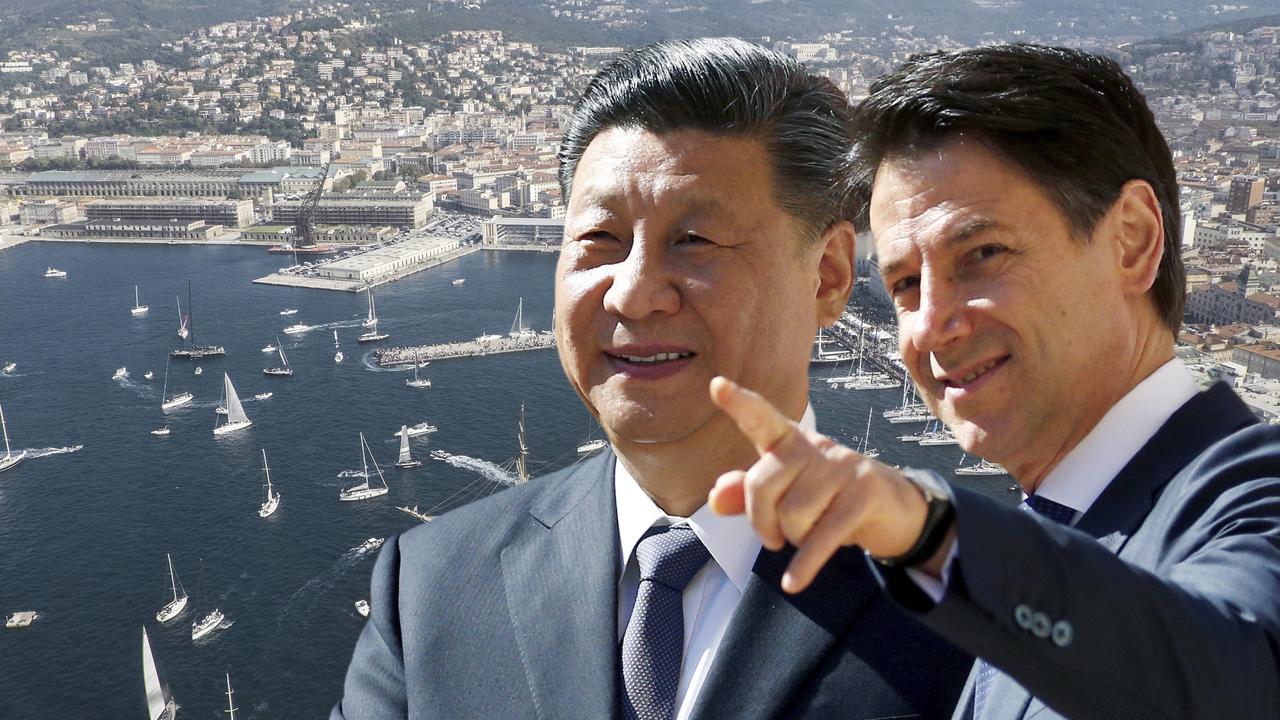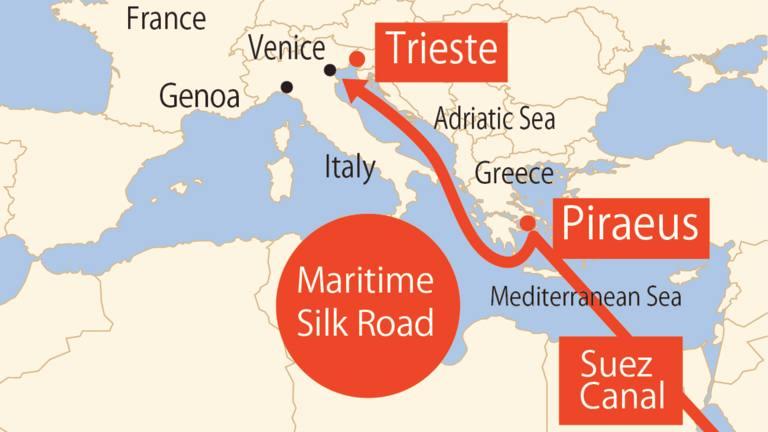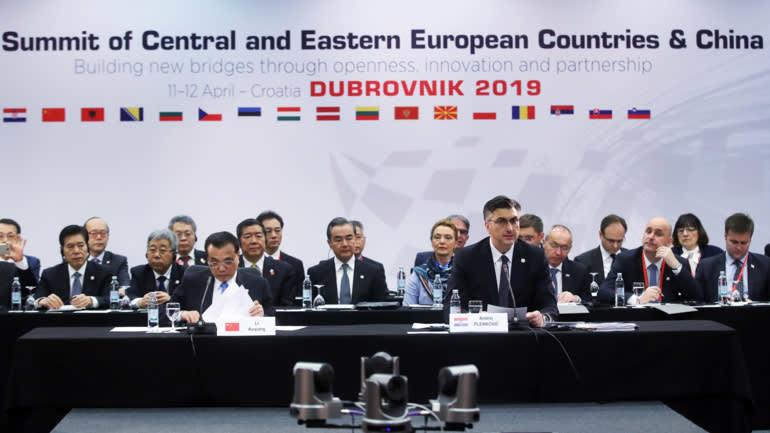China Has Quietly Built A New “Great Wall” Cutting Across The Heart Of Europe
"The original Great Wall is a long brick structure that was built to keep northern barbarians out of China during ancient times," a new alarming report in Nikkei Asian Review detailing China's 'new Great Wall' rising in the heart of Europe recalls, but "The modern-day Great Wall in Europe is economic."
Beijing is waging an impressive influence campaign, complete with English-speaking news channels beamed across the Balkans, to "reach out to ex-Communist countries on the periphery of the EU," the report finds, as well as playing host to major China-East European economic summits in places like Dubrovnik, Croatia — site of a major annual conference last April, attended by no less than 17 European countries, including 12 members of the European Union.

And in other Balkan countries like Serbia, still reeling from the 1999 US-NATO bombing of Belgrade and later US-recognition of Kosovo independence, state-owned Chinese companies are active and on the rise.
According to the Nikkei report, "There is a cold calculation behind China's recent move into Europe" — namely, a move to poach struggling former Communist countries, luring them with major Belt and Road Initiative (BRI) contracts as an 'alternative' to Western investment.
The report traces the geography of the Cold War-era Iron Curtain, comparing it Beijing's contemporary designs:
Thirty years after the fall of the Berlin Wall, the Iron Curtain is morphing into a new Great Wall for China.
In Trieste, the southern end of Churchill's Iron Curtain, China is extending its Maritime Silk Road under the Belt and Road Initiative.
If Trieste is linked to the Port of Piraeus, Greece's biggest port now operated by a state-run Chinese company, China's influence in the Adriatic and Mediterranean seas will grow.

Picking up on the potential for significant Chinese BRI inroads amid the continuing trade war, the White House recently sent Secretary of State Mike Pompeo to Montenegro (NATO's newest tiny Serbia peel-off member) and to North Macedonia, where he put Balkan leaders on notice regarding "possible Belt and Road risks".
Pompeo finalized the largest arms deal yet with NATO's newest member Montenegro, with a $36 million contract for delivery of light tactical vehicles to the small mountainous Balkan nation.

This as an "expressway construction project financed by loans from China is underway" in Montenegro, which has further seen a tug of war of sorts recently play out between Moscow and Washington.
This and other regional projects have been met with warnings from (Western) international organizations pointing out the potential for Montenegro falling into a "debt trap," according to the report.
Leaders of US European allies have only very recently begun to express concern, specifically after China signed a BRI memorandum of cooperation with Italy.
French President Emmanuel Macron earlier this year said for example, that "The period of European naivete is over" regarding Chinese economic expansion, and Angela Merkel similarly warned, "although China is a partner, it is also a competitor with a different political system."
https://ift.tt/32JSCxS
from ZeroHedge News https://ift.tt/32JSCxS
via IFTTT

0 comments
Post a Comment